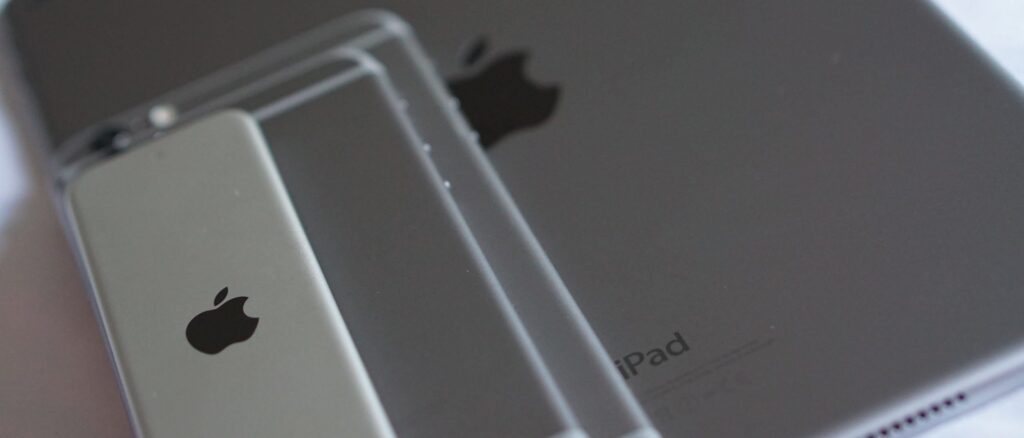The Trump administration excluded products by America’s wealthiest company Apple and other global consumer electronics manufacturers from reciprocal tariffs leveled at China.
“All products that are properly classified in these listed provisions will be excluded from the reciprocal tariffs imposed under Executive Order 14257, as amended,” the U.S. Customs and Border Protection (CBP) said Friday in an update.
The new guidance will be applied retroactively to affected consumer electronics readied for import into the U.S. on April 5 at the earliest.
The excluded products — smartphones, laptop computers, hard drives and computer processors and memory chips — are often manufactured abroad, according to Bloomberg. Spending on innovation by American multinational companies in China grew by 13.6% on average per year between 2003 and 2017 but the same spending in the U.S. by the same companies grew by only 5% on average, according to an April 2 executive order on reciprocal tariffs on China and other countries.
The update marks the first noticeable relaxation of the Trump administration’s trade war with China, Bloomberg reported.
Apple’s iPhones, iPads, Apple watches and AirTags, but not AirPods, were some of the excluded products in what could be a relief for the company as its shares fell following U.S. President Donald Trump’s new tariffs, according to Bloomberg.
Consumers reportedly could be pleased with the exemptions as some of them had rushed to buy new iPhones and other gadgets amid concern that tariffs would lead to price hikes.
Nvidia, Samsung, and certain other semiconductor manufacturers would also reportedly be exempt from the tariffs. Some of the companies were already planning to reshore manufacturing to the U.S.
Wall Street analyst Dan Ives called the update “the most bullish news we could have heard of this weekend” and said the tech industry could “breathe a huge sigh of relief.”
“The US tech industry has a loud voice and despite initial strong pushback against exemptions within the White House the reality of the situation was finally recognized in the Beltway,” Ives added.
The exclusion could be short lived as the products could come under a separate, albeit less severe, tariff, according to Bloomberg.
“There is still clear uncertainty and volatility ahead with these China negotiations,” Ives wrote.
Wendy Cutler, a former senior U.S. trade negotiator who is now at the Asia Society Policy Institute, also warned that the update could drive other companies and countries to seek exclusions, which could jeopardize ongoing negotiations with the Trump administration over tariffs, according to Bloomberg. (RELATED: Karoline Leavitt Says Administration Already Finalizing First Of Likely Many Tariff Deals)
“Product exclusions are coming sooner than expected,” Cutler told Bloomberg.
Apple is judged the world’s most valuable brand. Its China ties are reportedly stronger than Samsung’s and Trump’s retaliatory 125% tariff on China appeared to threaten Apple’s dominance of the smartphone market.
Apple’s CEO Tim Cook had secured exemptions from Trump’s tariffs during the president’s first term in office but did not follow through with building new plants in the U.S., a New York Times guest essay indicated.
Cook donated $1 million to Trump’s second inauguration and attended the ceremony, and Apple later promised $500 billion toward American manufacturing, according to the essay.


